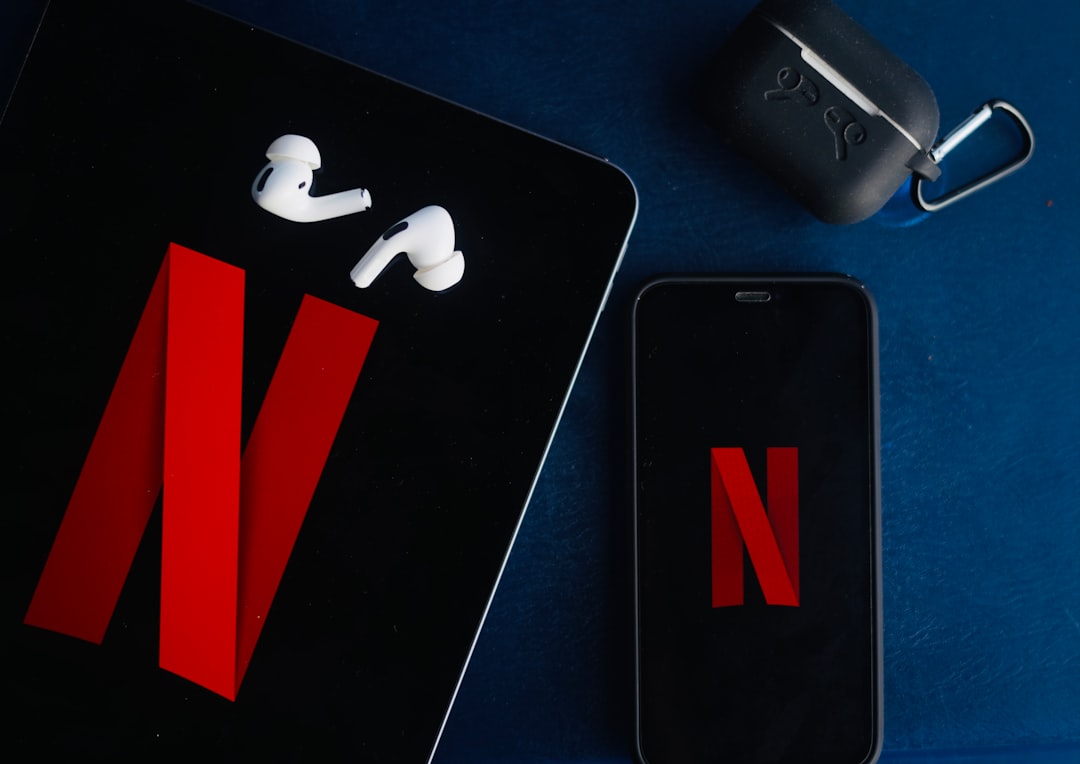In our increasingly digital world, concerns about online privacy have become more prevalent than ever. One common question for internet users, particularly those who stream movies and shows online, is whether a VPN (Virtual Private Network) can keep their internet service provider (ISP) from tracking their movie viewing habits. The short answer is: Yes, a VPN can help, but with certain limitations and considerations.
How ISPs Track Your Online Activity
Your ISP acts as the gateway to the internet. Every website you visit, video you stream, or file you download passes through your ISP’s servers. This means they can potentially:
- Monitor your DNS requests to see which websites you’re visiting
- Inspect unencrypted data such as HTTP traffic
- Track your IP address and timestamps of your online activity
For instance, when you access a streaming site like Netflix or Hulu without any privacy tools, your ISP can often tell where you’re connecting and how much data you’re using. This data might be used for anything from bandwidth throttling to data profiling or shared with third parties.
What Does a VPN Do?
A VPN establishes an encrypted tunnel between your device and a remote VPN server. Once connected, all your internet traffic is routed through this tunnel, masking your IP address and hiding your data from your ISP.
Here’s how a VPN protects you:
- Encryption: Your data is encrypted, making it unreadable to anyone who tries to intercept it—including your ISP.
- IP Masking: Your IP address is replaced with that of the VPN server, hiding your physical location.
- Private DNS: Reputable VPNs use their own DNS servers, preventing DNS leaks that could reveal your browsing habits.

How a VPN Affects Movie Streaming
When streaming movies through a VPN, your ISP cannot see the exact content you’re accessing. Instead of logging that you’re watching a movie on a specific platform, they only see that you’re connected to a VPN and the amount of data transferred.
This means that:
- Your ISP cannot track which movies or series you watch
- You can potentially avoid streaming throttling, leading to better quality and fewer buffering interruptions
- Your viewing habits are kept private from both ISP and local networks, such as public Wi-Fi
However, using a VPN for streaming isn’t without its downsides. Some streaming services actively block known VPN IP addresses to enforce regional licensing restrictions. As a result, users might find that certain content is unavailable unless they change to a different server location.
Limitations and Considerations
While VPNs can significantly enhance your online privacy, they are not a magical solution. Here are a few limitations to be aware of:
- Trust in VPN Provider: Your traffic is hidden from your ISP, but it’s visible to the VPN provider. It’s crucial to choose a reputable provider with a no-logs policy.
- Device/App Usage: If you use smart TVs or streaming apps that do not support VPNs or DNS routing, your ISP may still gather some data unless the entire home network is routed through the VPN.
- Price and Performance: Good VPN services usually come at a cost; free VPNs often lack adequate features or may even track you themselves. Additionally, VPNs can slightly reduce internet speed due to encryption overhead.

Best Practices for Streaming Privately
To ensure maximum privacy while streaming movies:
- Use a well-reviewed, no-logs VPN that offers streaming-optimized servers
- Install the VPN on your router if you use streaming apps on smart TVs
- Enable DNS and IPv6 leak protection in your VPN settings
- Regularly test for leaks using online privacy tools
Conclusion
A VPN is one of the most effective tools to prevent your internet service provider from monitoring your online movie viewing habits. By encrypting your data and rerouting your traffic through secure servers, a VPN makes it significantly harder for ISPs to see what you’re doing online. However, to maintain robust privacy, it’s important to choose the right VPN provider and use it correctly.
While no solution is foolproof, adopting a VPN is a vital step toward greater online privacy, especially in an age where data is as valuable as currency.